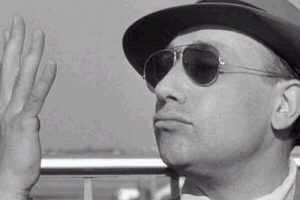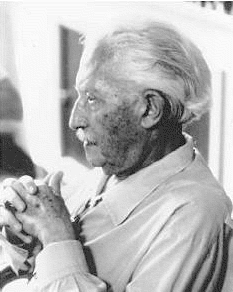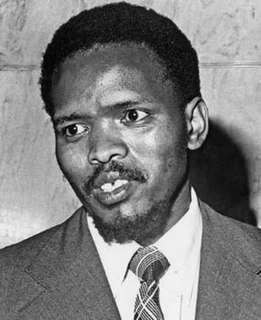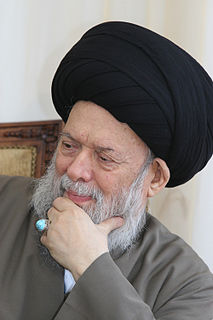A Quote by Edward Gibbon
Philosophy had instructed Julian to compare the advantages of action and retirement; but the elevation of his birth and the accidents of his life never allowed him the freedom of choice. He might perhaps sincerely have preferred the groves of the Academy and the society of Athens; but he was constrained, at first by the will, and afterwards by the injustice of Constantius, to expose his person and fame to the dangers of Imperial greatness; and to make himself accountable to the world and to posterity for the happiness of millions.
Quote Topics
Academy
Accidents
Accountable
Action
Advantages
Afterwards
Allowed
Athens
Birth
Choice
Compare
Constrained
Dangers
Elevation
Expose
Fame
First
Freedom
Freedom Of Choice
Greatness
Had
Happiness
Him
Himself
His
Imperial
Injustice
Life
Make
Might
Millions
Never
Perhaps
Person
Philosophy
Posterity
Preferred
Retirement
Sincerely
Society
Will
World
Related Quotes
The retirement of Athanasius, which ended only with the life of Constantius, was spent, for the most part, in the society of the monks, who faithfully served him as guards, as secretaries, and as messengers; but the importance of maintaining a more intimate connection with the catholic party tempted him, whenever the diligence of the pursuit was abated, to emerge from the desert, to introduce himself into Alexandria, and to trust his person to the discretion of his friends and adherents.
Strange is the vigour in a brave man's soul. The strength of his spirit and his irresistible power, the greatness of his heart and the height of his condition, his mighty confidence and contempt of danger, his true security and repose in himself, his liberty to dare and do what he pleaseth, his alacrity in the midst of fears, his invincible temper, are advantages which make him master of fortune.
Julian was not insensible of the advantages of freedom. From his studies he had imbibed the spirit of ancient sages and heroes; his life and fortunes had depended on the caprice of a tyrant; and, when he ascended the throne, his pride was sometimes mortified by the reflection that the slaves who would not dare to censure his defects were not worthy to applaud his virtues.
It should be the highest ambition of every American to extend his views beyond himself, and to bear in mind that his conduct will not only affect himself, his country, and his immediate posterity; but that its influence may be co-extensive with the world, and stamp political happiness or misery on ages yet unborn.
He was a very private person, and sometimes it seemed to me that he was no longer interested in the world or in other people... I got the feeling that Julián was living in the past, locked in his memories. Julián lived within himself, for his books and inside them - a comfortable prison of his own design." "You say this as if you envied him." "There are worse prisons than words.
Since the social victim has been oppressed by society, he comes to feel that his individual life will be improved more by changes in society than by his own initiative. Without realizing it, he makes society rather than himself the agent of change. The power he finds in his victimization may lead him to collective action against society, but it also encourages passivity within the sphere of his personal life.
The strengths a young person finds in adults at this time-their willingness to let him experiment, their eagerness to confirm him at his best, their consistency in correcting his excesses, and the guidance they give him-will codetermine whether or not he eventually makes order out of necessary inner confusion and applies himself to the correction of disordered conditions. He needs freedom to choose, but not so much freedom that he cannot, in fact, make a choice.
But might not his [the president's] nomination be overruled? I grant it might, yet this could only be to make place for another nomination by himself. The person ultimately appointed must be object of his preference, though perhaps not in the first degree. It is also not very probable that his nomination would often be overruled.
Martin Luther King challenged the conscience of my generation, and his words and his legacy continue to move generations to action today at home and around the world. His love and faith is alive in millions of Americans who volunteer each day in soup kitchens or in schools, or who refused to ignore the suffering of millions they'd never met in far-away places when a tsunami brought unthinkable destruction. His vision and his passion is alive in churches and on campuses when millions stand up against the injustice of discrimination anywhere, or the indifference that leaves too many behind.
Every man is of importance to himself, and, therefore, in his own opinion, to others; and, supposing the world already acquainted with his pleasures and his pains, is perhaps the first to publish injuries or misfortunes which had never been known unless related by himself, and at which those that hear them will only laugh, for no man sympathises with the sorrows of vanity.
In the end, therefore, money will be the one thing people will desire, which is moreover only representative, an abstraction. Nowadays a young man hardly envies anyone his gifts, his art, the love of a beautiful girl, or his fame; he only envies him his money. Give me money, he will say, and I am saved...He would die with nothing to reproach himself with, and under the impression that if only he had had the money he might really have lived and might even have achieved something great.
It becomes more necessary to see the truth as it is if you realise that the only vehicle for change are these people who have lost their personality. The first step therefore is to make the black man come to himself; to pump back life into his empty shell; to infuse him with pride and dignity, to remind him of his complicity in the crime of allowing himself to be misused and therefore letting evil reign supreme in the country of his birth.
Throughout my life, I have always supported the human being in his humanism and I have supported the oppressed. I think it is the person's right to live his freedom and it is her and his right to face the injustice imposed on each by revolting against it, using his practical, realistic and available means to end the oppressor's injustice toward him, whether it is an individual, a community, a nation, or a state; whether male or female.





































